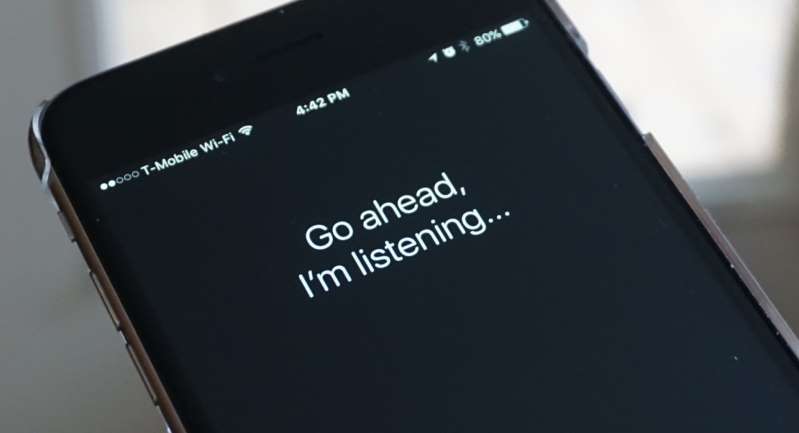Twitter has sharply escalated its battle against fake and suspicious accounts, suspending more than one million accounts a day in recent months, a major shift to lessen the flow of disinformation on the platform, according to data obtained by The Washington Post.
The rate of account suspensions, which Twitter confirmed to the Post, has more than doubled since October, when the company under congressional pressure revealed how Russia used fake accounts to manipulate the U.S. presidential election. Twitter suspended more than 70 million accounts in May and June, and the pace has continued in July, according to the data.
Twitter’s Vice President for Trust and Safety Del Harvey said in an interview this week the company is changing the calculus between promoting public discourse and preserving safety. She added that Twitter only recently was able to dedicate the resources and develop the technical capabilities to target malicious behavior in this way.
“One of the biggest shifts is in how we think about balancing free expression versus the potential for free expression to chill someone else’s speech,” Harvey said. “Free expression doesn’t really mean much if people don’t feel safe.”
Twitter’s growing campaign against bots and trolls is part of Silicon Valley’s efforts to more effectively combat disinformation than it did in 2016, when Russia used some of America’s most prominent technology platforms to deceive voters on a mass scale and exacerbate social and political tensions. Google, Facebook and several other companies also have redoubled efforts against coordinated manipulation campaigns by foreign governments and other unseen forces.
Independent researchers and some investors long have criticized the company for not acting more aggressively to address what many considered a rampant problem with bots, trolls and other accounts used to amplify disinformation. Though some go dormant for years at a time, the most active of these accounts tweet hundreds of times a day with the help of automation software, a tactic that can drown out authentic voices and warp online political discourse, critics say.
“I wish Twitter had been more proactive, sooner,” said Sen. Mark R. Warner (Va.), the top ranking Democrat on the Senate Intelligence Committee. “I’m glad that – after months of focus on this issue – Twitter appears to be cracking down on the use of bots and other fake accounts, though there is still much work to do.”
But researchers have for years complained that the problem is far more serious and that Twitter’s definition of a fake account is too narrow, allowing them to keep counts low. Several independent projects also have followed particular bots and fake accounts over many years, and even after the recent crackdown, researchers point to accounts with obviously suspicious behaviors, such as gaining thousands of followers in just a few days or tweeting around the clock.
News reports about the severity of the bot problem and a rethinking of Twitter’s role in promoting online conversation also factored into Twitter’s more aggressive stance, these people said.

















